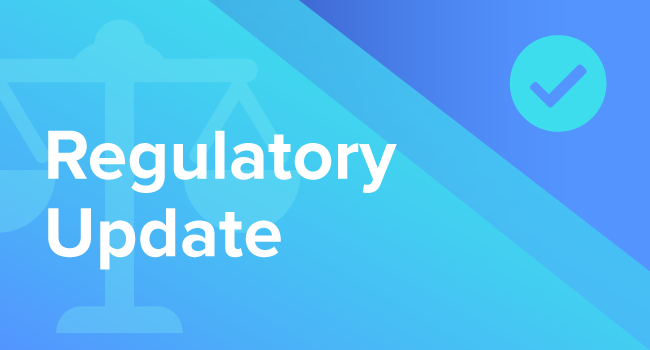Public Records Violations in 2020
Public records missteps will always make headlines, because of the public’s demand for accountability and transparency in government. While these violations can be embarrassing and costly, they also erode the public’s trust in their elected officials — which is already hard to come by in recent times.
Here is a roundup of recent ongoing public records violations that have or may result in costly fines and legal fees — and even criminal charges for the leadership.
Social Media
In New Mexico, two Otero County officials were named in a public records lawsuit. They were alleged to have blocked the head of the Democratic Party of Otero County from a Facebook page.
This may be a violation of New Mexico’s Inspection of Public Records Act (IPRA) because the Facebook page is used to discuss county commission business. The complaint also noted that the page manager violated IPRA by failing to produce public records upon request.
Social media is an increasingly used tool for public agencies to engage with its employees and citizens. However, business discussions must be captured and archived, regardless of who owns or manages the social media account.
Dane County and the Madison Water Utility in Wisconsin paid $6,000 to settle a public records lawsuit. In the lawsuit, Midwest Environmental Advocates (MEA) sued Dane County and Madison Water Utility for withholding records on hazardous chemicals.
It took two requests, nearly a year and a lawsuit before the county finally provided 16 months’ worth of requested emails between the County Executive and his chief of staff pertaining to the hazardous chemicals.
According to the Wisconsin Public Records Law Compliance Guide, emails are electronic records that must be captured and archived:
- Email sent or received on an authority’s computer system is a record. This includes personal email sent by officers or employees of the authority.
- Email conducting government business sent or received on the personal email account of an authority’s officer or employee also constitutes a record.
While there’s no specified timeframe, a public records request should be responded to “as soon as practical and without delay.”
Text Messages
In an ongoing case, five Cincinnati City Council members may now face prosecution for allegedly violating Ohio’s Open Meetings Act by privately discussing public business via secret texts and emails.
A state judge has ruled that text messages discussing official business sent by a public official have been ruled to be public records — regardless if the message was sent or received on a personal, privately-paid device.
Capture and Archive All Public Records
Official government-business related communications are being sent and received over email, collaboration platforms, text messages and social media. This expansion of interactive tools has made capturing and archiving electronic communications records increasingly complex and time-consuming for agencies. But the availability of these records remains a necessary element of public transparency — it is critical for identifying corruption or other potential government violations.
Public agencies must be able to efficiently search and produce records across all their electronic communications to meet recordkeeping obligations, reduce the time and cost of responding to public records requests, and manage risks like lawsuits or criminal charges.
Learn how Smarsh simplifies the capture, storage, review and delivery of communications data for government agencies.
Share this post!
Smarsh Blog
Our internal subject matter experts and our network of external industry experts are featured with insights into the technology and industry trends that affect your electronic communications compliance initiatives. Sign up to benefit from their deep understanding, tips and best practices regarding how your company can manage compliance risk while unlocking the business value of your communications data.




Subscribe to the Smarsh Blog Digest
Subscribe to receive a monthly digest of articles exploring regulatory updates, news, trends and best practices in electronic communications capture and archiving.
Smarsh handles information you submit to Smarsh in accordance with its Privacy Policy. By clicking "submit", you consent to Smarsh processing your information and storing it in accordance with the Privacy Policy and agree to receive communications from Smarsh and its third-party partners regarding products and services that may be of interest to you. You may withdraw your consent at any time by emailing privacy@smarsh.com.
FOLLOW US